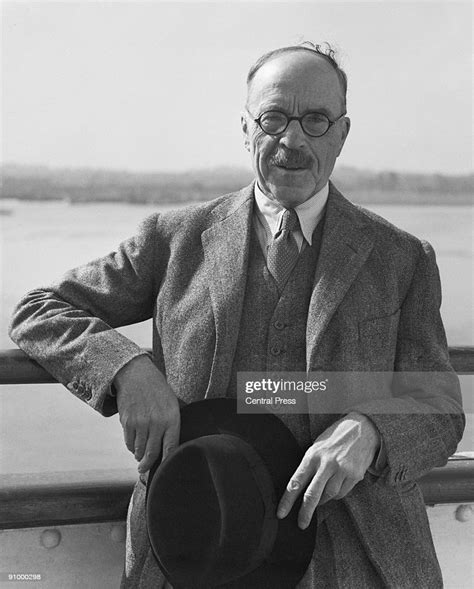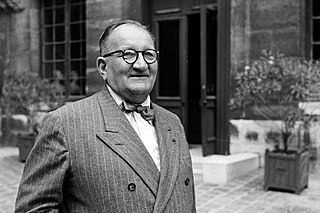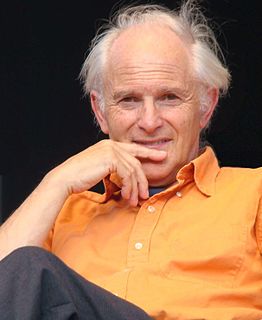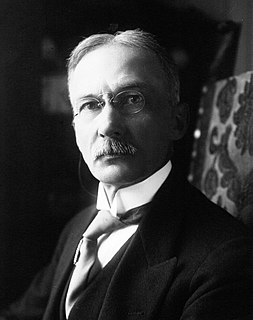A Quote by Henry Tizard
The secret of science is to ask the right question, and it is the choice of problem more than anything else that marks the man of genius in the scientific world.
Related Quotes
Why are there organized beings? Why is there something rather than nothing? Here again, I fully understand a scientist who refuses to ask it. He is welcome to tell me that the question does not make sense. Scientifically speaking, it does not. Metaphysically speaking, however, it does. Science can account for many things in the world; it may some day account for all that which the world of phenomena actually is. But why anything at all is, or exists, science knows not, precisely because it cannot even ask the question.
It is necessary to guard ourselves from thinking that the practice of the scientific method enlarges the powers of the human mind. Nothing is more flatly contradicted by experience than the belief that a man distinguished in one or even more departments of science, is more likely to think sensibly about ordinary affairs than anyone else.
When people think science and cooking, they have no idea that it's not correctly expressed. We're actually applying the scientific method. People think chemistry and physics are science, but the scientific method is something else.... It's the science that the world of cooking generates: science of butter; science of the croissant.
The purpose of scientific method is to select a single truth from among many hypothetical truths. That, more than anything else, is what science is all about. But historically science has done exactly the opposite. Through multiplication upon multiplication of facts, information, theories and hypotheses, it is science itself that is leading mankind from single absolute truths to multiple indeterminate, relative ones.
The basic question that the 'new science' raises for our balance sheet is the issue of what scientific questions have not been asked for 500 years, which scientific risks have not been pursued. It raises the question of who has decided what scientific risks were worth taking, and what have been the consequences in terms of the power structures of the world.
Unfortunately, philosophers of science usually regard scientific realism and scientific anti-realism as monistic doctrines. The assumption is that there is one goal of all scientific inference - finding propositions that are true, or finding propositions that are predictively accurate. In fact, there are multiple goals. Sometimes realism is the right interpretation of a scientific problem, while at other times instrumentalism is.
When the wrong question is being asked, it usually turns out to be because the right question is too difficult. Scientists ask questions they can answer. That is, it is often the case that the operations of a science are not a consequence of the problematic of that science, but that the problematic is induced by the available means.
Existential psychotherapy is the movement which, although standing on one side on the scientific analysis owed chiefly to the genius of Freud , also brings back into the picture the understanding of man on the deeper and broader level man as the being who is human. It is based on the assumption that it is possible to have a science of man which does not fragmentize man and destroy his humanity at the same moment as it studies him. It unites science and ontology .
Some people may complicate it for you, but the formula is simple: Love God more than anything else. More than your ego. More than your money. More than your desires...More than your sleep at dawn. Love God more than anything else, and submission comes natural.
Love God more than anything else, and all goodness will follow.







































